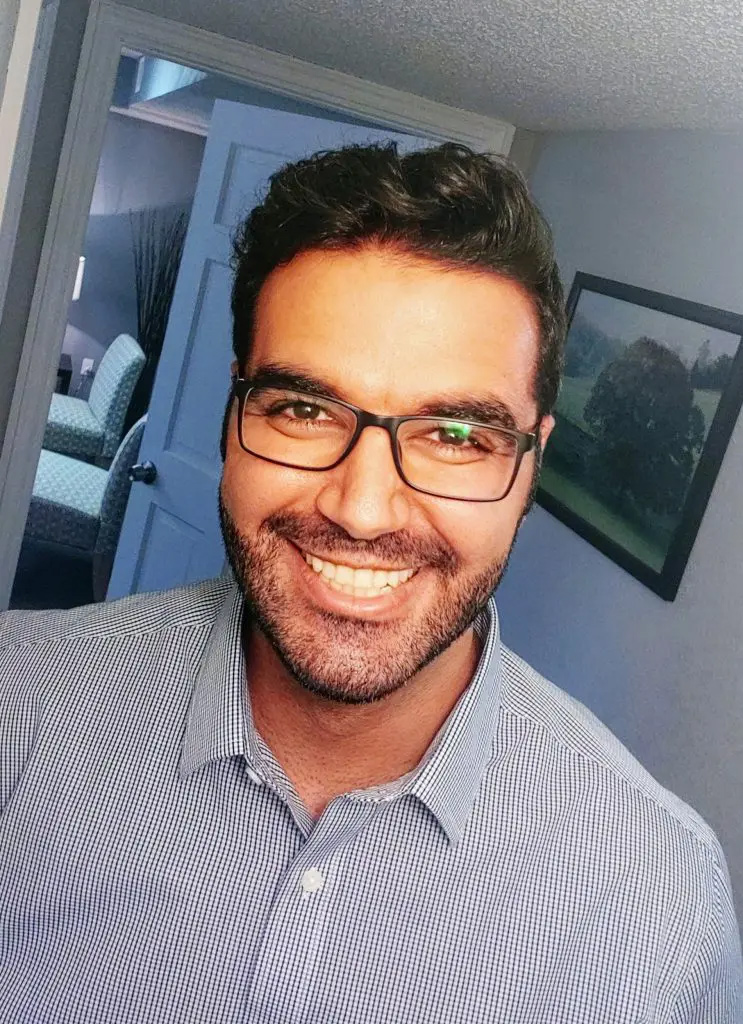NAMI Greater Toledo is celebrating Minority Mental Health Awareness Month (throughout July). ‘This week we sat down with Dr. Mohamed Badra, Ph.D, LPCC-S; Director and Mental Health Therapist at Toledo Counseling & Mental Health.
Dr. Badra says that mental illness does not discriminate and that no segment of the American society is immune. What is worth noting is the importance of not observing all Arab Americans through one lens. It is important to recognize the
variety of subcultures within the Arab American group. An unfortunate oversight occurs when policy-makers and stakeholders do not recognize the cultural specificities of each subgroup. This variety is too vast to label or quantify in this setting, but cultural nuances such as the family’s country of origin and religious or sectarian beliefs, are of great clinical value to better serve our patients and clients.
The level of education and acculturation are also important factors that help us recognize how much psycho-education is needed in order for the recipient of therapy to be ‘therapy ready.’ For example, there’s a difference between a third
generation Arab American who is living in Boston, and a recently naturalized American citizen of Arab descent who lives in Anaheim, California.
Dr. Badra believes that there is always room for growth in psycho-education that we provide the population so everyone is better aware of the services available to them. He references the need for prior communication between referring
physician, agency or group, and the recipient of the referral on the other hand. This helps set clear expectations about the therapy process. Thus, educating about and destigmatizing mental health services, is key.
Generally speaking, he says there is some stigma surrounding seeking mental health services within the local Arab American community. Misconceptions about weakness, lack of faith, and shame are significant factors that hinder willingness to access services. This is very unfortunate because mental health issues are time-sensitive and when left unattended and untreated, the symptoms become augmented and what may have started as a depressive disorder could evolve, if there is a genetic predisposition, into a more complex mental health disorder.
NAMI Greater Toledo is dedicated to furthering our pursuit of ensuring every person in Lucas County can receive access to free mental health resources and ending the stigma that surrounds these services. To get involved with our organization or learn more about free mental health, resources available, visit namitoledo.org.

